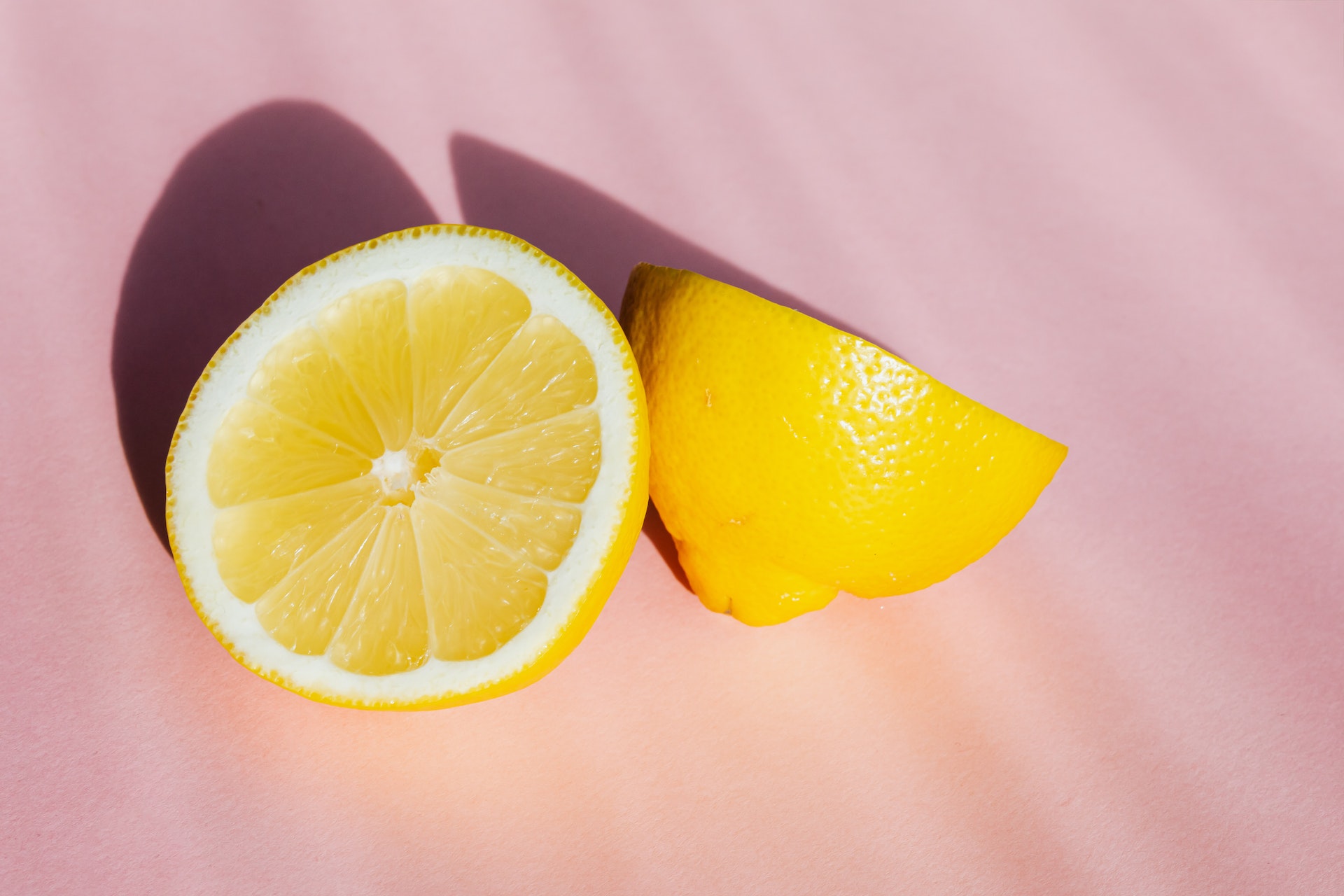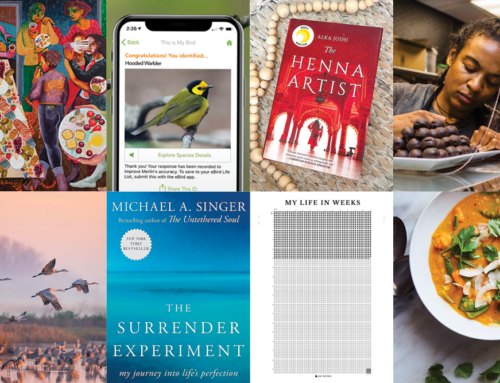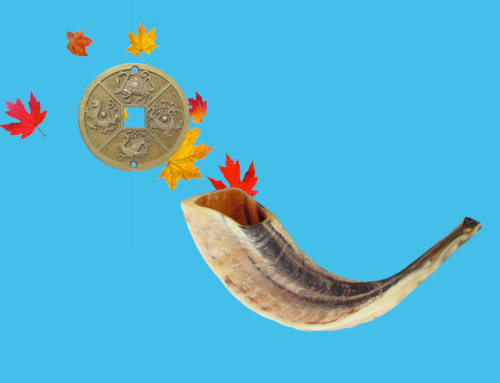Photo by Karolina Grabowska from Pexels
In Traditional Chinese Medicine (TCM), summer is associated with the Fire element, as well as the Heart organ system, which performs many energy functions that are vital to your body, mind, and spirit. And of course, summer is the time of year with the most yang energy, translating into sunshine, warmer temps, joy, passion, activity and abundant energy.
However, not everyone enjoys the summer season and the heat and excitement it brings. According to TCM, one’s reaction to summer depends on their bodily constitution. For instance, people with more yang energy tend to have a harder time during the summer months, easily overheating and becoming irritable. On the other hand, people with more yin energy tend to endure the heat better.
No matter your constitution, if you’re not careful, excess fire energy can consume your body and lead to overheating, excessive sweating, breakouts, irritability, digestive issues, headaches, heartburn, and insomnia. To combat summer’s negative effects and stay cool and balanced, try incorporating these food and drink tips, especially when you feel your body temp rising.
1. Avoid ice for food and drinks.
When things heat up, slow your roll with the ice-cold beverages and treats. Ice only feels satisfying in the moment, as your body needs to expend a lot more energy to heat up and digest your food (which can cause sluggishness, slower digestion, bloating, and a general heaviness). Instead drink watermelon juice; green, chrysanthemum, or mint tea; coconut water; or room temperature water infused with lemon, cucumber and/or mint.
2. Eat cooling foods.
In TCM, all foods have an energetic temperature. Foods that have cool or cold properties have the ability to clear heat, reduce toxins, and create body fluids, which is just what we need in the summer. Just remember, water-filled fruits and vegetables, such as melons, celery, cucumbers, and lettuce, can help your body stay in balance and combat the heat your body is taking in from the sun. For summer days, try “cool” foods such as…
- Fruits: apple, avocado, banana, berries, cantaloupe, grapefruit, honeydew, kiwi, lemon, orange, pear, plum, watermelon.
- Vegetables: asparagus, bamboo, bok choy, carrots, cauliflower, celery, Chinese broccoli, corn, cucumber, daikon, eggplant, lettuce, peppers, radish, seaweed, snow peas, spinach, sprouts, summer squash, tomato, white mushroom
- Protein/Dairy: crab, duck, fish, pork, and seafood, in general, as well as plant-based milk, yogurt
- Grains, Legumes & Seeds: barley, buckwheat, millet, mung beans, oats, soy beans, tofu
- Herbs: basil, cilantro, dill, marjoram, mint, parsley, rosemary, saffron, thyme
3. Avoid warming foods.
“Warm” foods like ginger, cinnamon, and garlic increase circulation and heat in the body – great for winter, but not so much in the summer. Not surprisingly, spicy foods also bring on the heat, so go easy on them unless you are really trying to induce a sweat! Other foods that are considered warm include cherries, pineapple, peaches, chives, leeks, onions, as well as meats such as beef, chicken lamb. Also, try to limit alcohol, fried foods, iced coffee, and ice cream.
4. Eat bitter foods.
In TCM, the bitter flavor corresponds to the fire element and the season of summer. To eat in accordance with the season, try incorporating collard greens, mustard greens, arugula, kale, celery, corn, and sesame seeds.
5. Water is your friend.
It’s no surprise that in addition to eating water-filled foods, drinking plain old water is a must. Carry a water bottle and sip it throughout the day to ensure you’re staying hydrated.
6. Get creative with cooking.
Look at the cool foods lists and see what you can come up with. Just note, when cooking vegetables, don’t overcook them! Try the recipe below for some inspiration.

Lemon Soba Salad
Ingredients
- 180 g Soba noodles dried
- 6 Asparagus
- 12 Sugar snap peas
- 3 tbsp Fresh parsley
- 2 tbsp Fresh mint
- Red oak lettuce - half
- Dressing
- 1 tsp Sea salt
- ½ tsp Cracked pepper
- ½ Lemon
- 100 ml Olive oil
- ¼ tsp Shichimi Togarashi (optional) ** See Note
- **Note - Shichimi Togarashi is a Japanese 7 spice blend. There are different variations but the blend may include: chillies, peppercorns, orange peel, ginger, nori and sesame seeds. It is has a mild to moderate spiciness.
Instructions
- Cook the soba noodles in boiling unsalted water according to packet directions. They generally take 4-6 minutes to cook. Drain and rinse in cold water. Set aside.
- Slice each asparagus spear into 3-4 even pieces. Shell sugar snap peas. Coarsely chop fresh mint and parsley. Rinse and drain red oak lettuce and tear into small pieces.
- Add asparagus and peas to boiling salted water. Cook for approximately 2-3 minutes until tender. Drain and rinse in cold water. Set aside.
Dressing
- Squeeze the juice from half the lemon. Add olive oil, salt, pepper and Shichimi Togarashi (if using).
- Whisk to combine.
- Combine ingredients. Place soba noodles, asparagus, peas, fresh herbs and lettuce in a bowl. Pour over dressing and toss to combine.
- Serve.
Sources:




